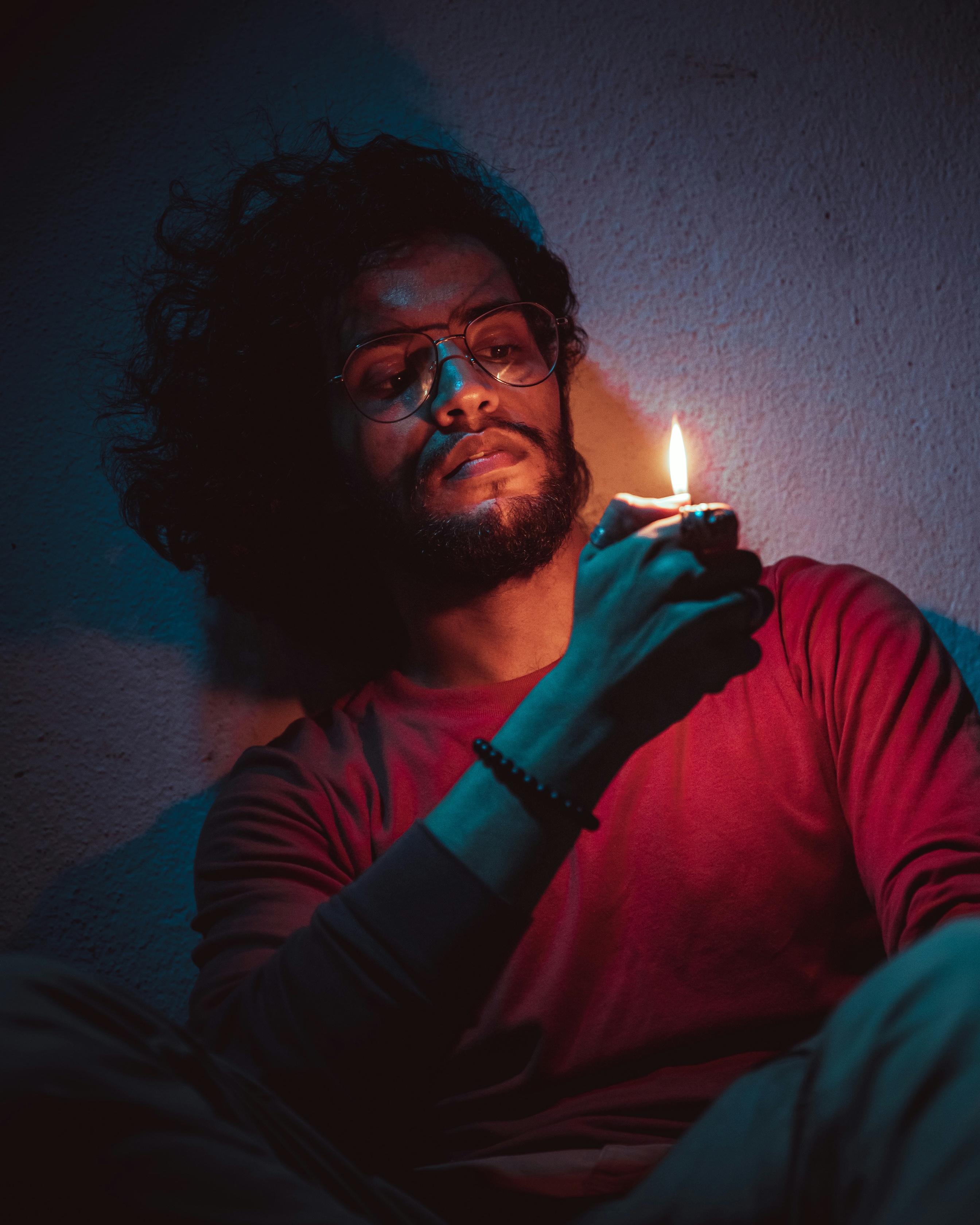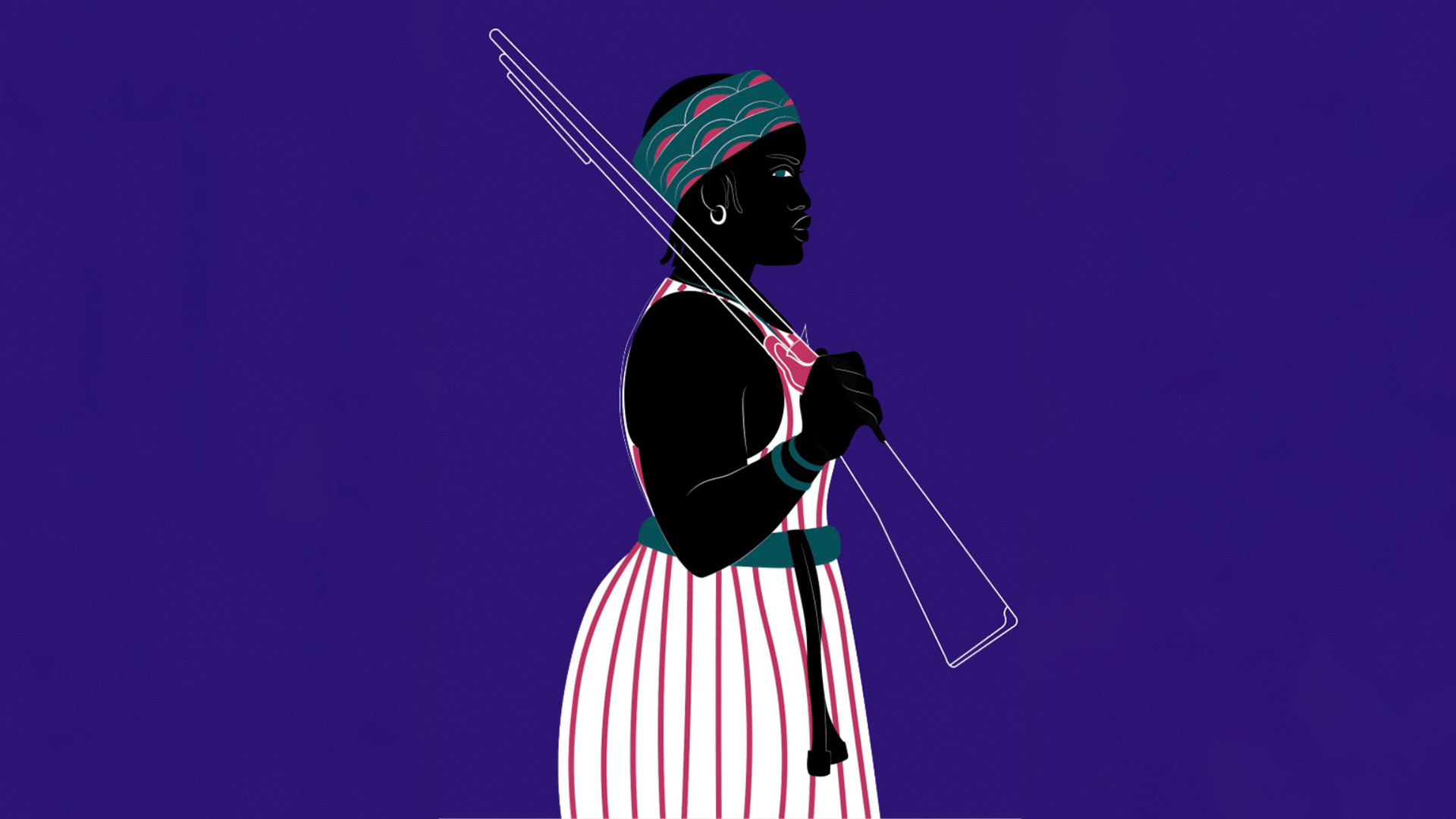When Hookups Don’t Heal: Queer Loneliness in a Culture of Sex
A quiet, personal meditation on what queer sex culture offers, and what it leaves aching.
When Hookups Don’t Heal: Queer Loneliness in a Culture of Sex

Sex was everywhere. Intimacy? That’s where it all fell apart.
There’s a moment after orgasm when the room turns cold. Sweat starts to dry. Breath slows. Silence thickens between two bodies. He scrolls. The other gets dressed. No eye contact. Maybe a polite nod. Maybe nothing.
And then it’s just one person left, staring at the ceiling, wondering why it all feels so empty.
He wasn’t chasing sex, not at first. He was chasing connection. Or so he said. But somewhere between the saunas, the swipe culture, and the high and horny Thursday nights in Vauxhall, the lines blurred. Curiosity turned into habit. Then into escape. Then into armour.
Gay saunas. Chemsex parties. Men stacked in rooms like bodies in heat. Ecstasy and amyl in the air. A rhythm of lust played out under neon lights. He moved through it with ease. The flirtation. The game. The sex. He could be rough, sweet, dominant, submissive. Whatever the moment asked for. Whatever kept him from being seen.
Because real intimacy was dangerous. That meant slowing down. Letting someone stay. Letting them see the mess, the fear, the shame. Letting them see the ghosts he had spent years trying to quiet.
So he kept it clean. Controlled. Transactional.
And for a while, it worked.
Until it didn’t.
More Sex, Less Connection
This isn’t just his story. It sits quietly in the background of queer life. Sex is often framed as freedom. And for many, it is. A reclaiming. A rebellion against shame. But when sex becomes the only language we know, it stops being connection and becomes something else.
And the silence underneath grows louder.
In the UK, LGBTQ+ youth are about twice as likely as their straight peers to feel regular hopelessness (Just Like Us, 2021). Over half of LGBTQ+ adults have experienced depression (52%) and anxiety (61%). Among 18 to 24 year olds, around 13% have attempted suicide in the last year (Stonewall, 2018).
These numbers are not abstract. They sit quietly behind closed doors. In bedrooms. In group chats. In the moments after. They follow even the ones who seem to be thriving.
There is an intimacy drought beneath the flood of flesh. Apps give you dopamine, not connection. Saunas give you sensation, not comfort. Even in rooms filled with bodies, the loneliness stays.
One man told him once, “You fuck like you’re trying to disappear.” Not unkindly. Just honest. It stuck.
Because it was true.
He wasn’t looking for closeness. He was trying not to be seen.

The Ache Beneath the Surface
There’s nothing wrong with sex. There’s nothing wrong with wanting. But when your body becomes a way to hide, when pleasure becomes a distraction, when every night ends in silence, something starts to wear away.
He started asking quieter questions.
Would I still want this man here if we weren’t going to have sex?
Could I sit beside someone without needing to perform?
Am I chasing desire, or just scared of being truly known?
The answers weren’t easy. But they were honest.
Some nights, he still opened the apps. Still answered the late-night texts. Still looked for that room, that body, that fix. But on other nights, he stayed home. Sat with the ache. Let it breathe. Let it speak. Let it ask what it might feel like to be held, not just touched.
Because for the first time, he didn’t want to vanish after.
He wanted to stay.
He wanted to feel.
A Culture Addicted to Disappearing
This isn’t about shame. It’s about hunger. The kind of ache that sex doesn’t always soothe. A culture that taught queer men how to seduce, but not how to slow down. How to chase, but not how to rest. How to be wanted, but not how to be known.
We have learned how to perform.
But so many of us are still learning how to stay.
So here’s the question, quiet and real, long after the bodies have left the room:
What are we really looking for when we open the door at 2am?
And when was the last time someone touched us not to take something, but to offer something back?

Get weekly updates
.png)
Join Our Newsletter
Get a weekly selection of curated articles from our editorial team.





.svg)












